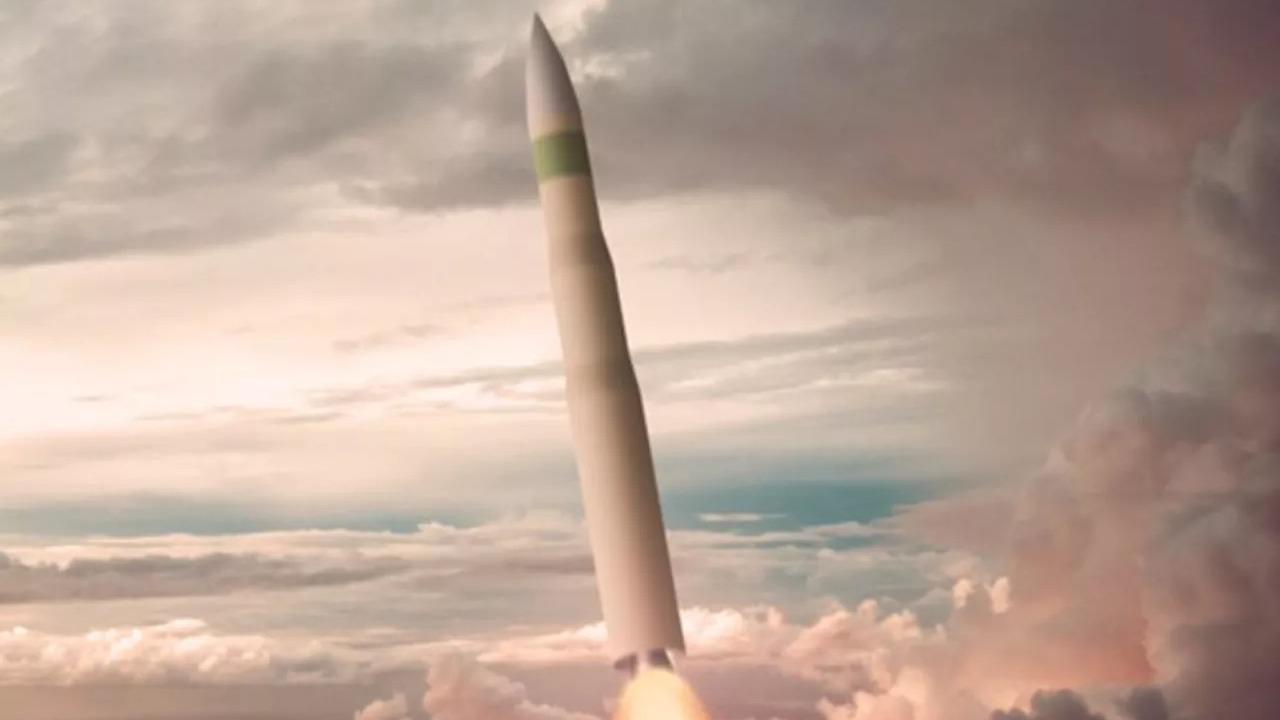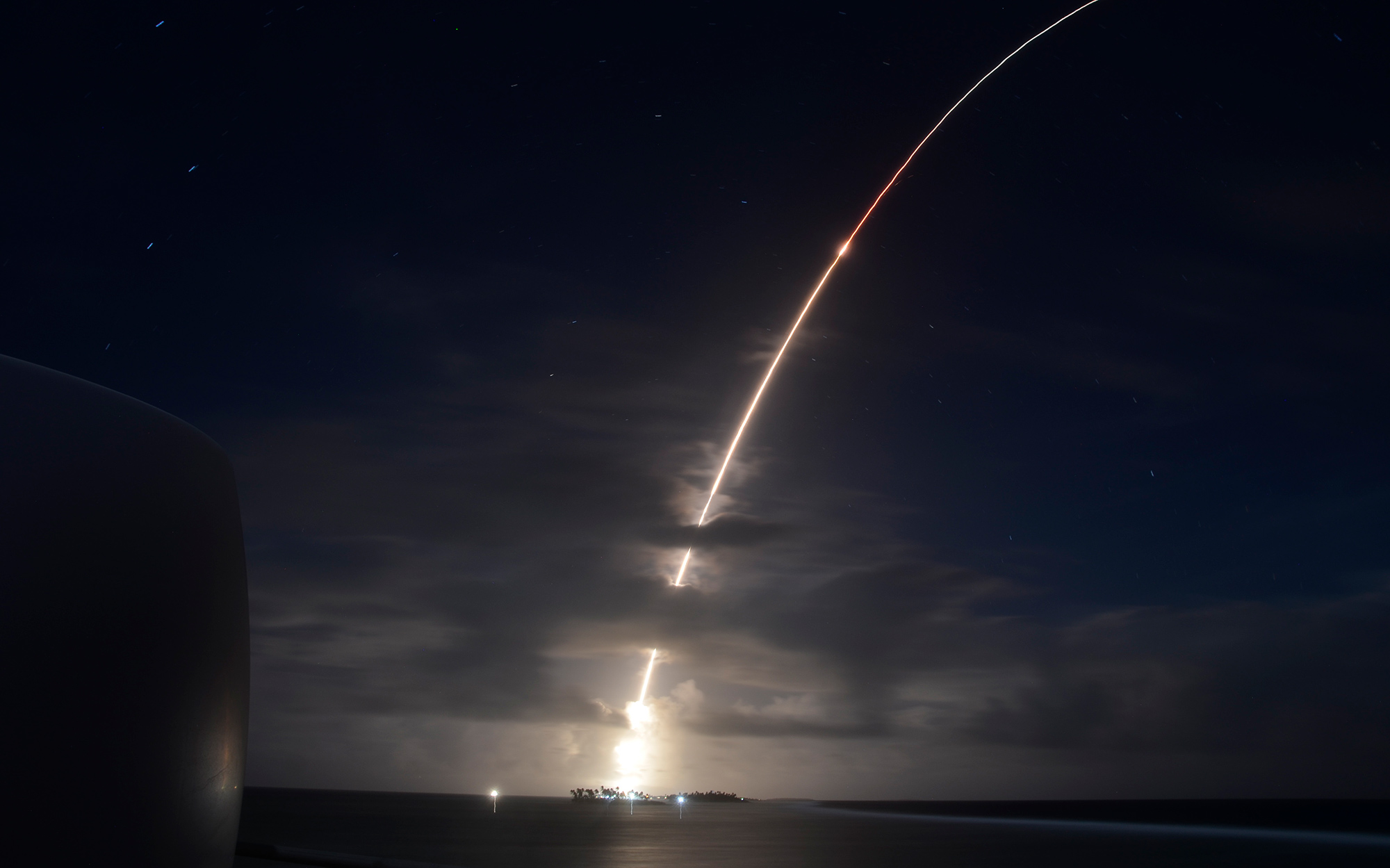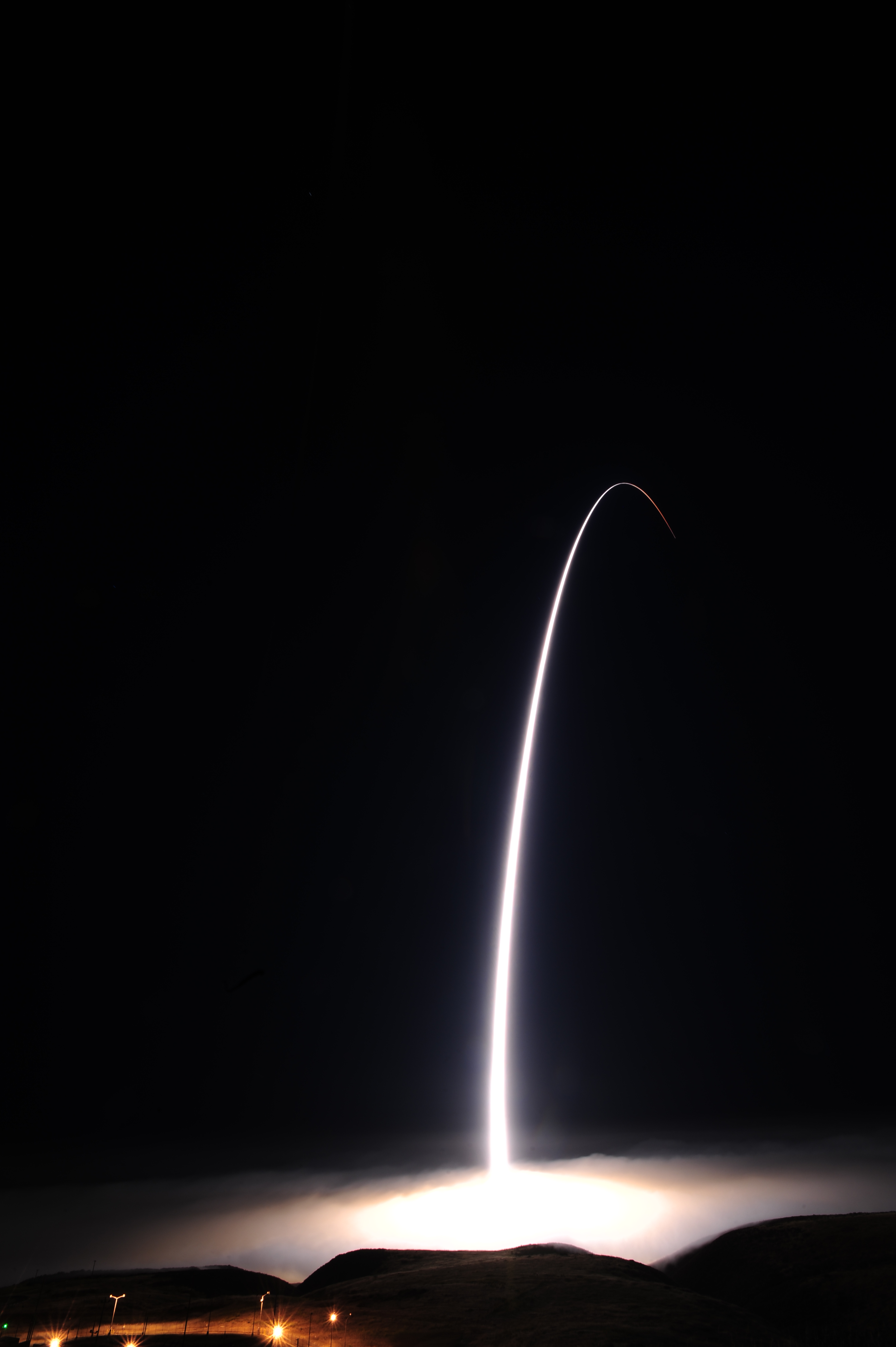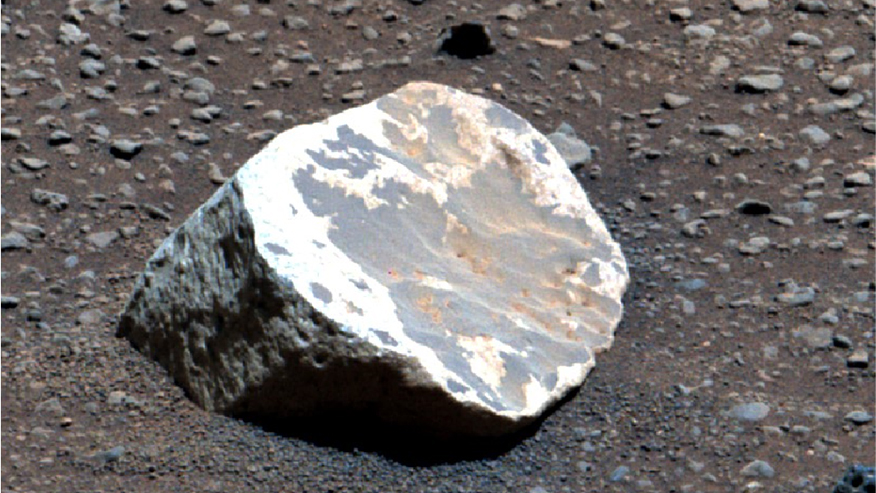Minotaur rocket explodes shortly after launching on test mission for US military
There were no injuries reported and the cause is under investigation.

A Minotaur II+ rocket exploded just after launching on a test mission from California's Vandenberg Space Force Base early Thursday morning (July 7).
The explosion occurred about 11 seconds after liftoff, which took place at 2:01 a.m. EDT (0601 GMT; 11:01 p.m. local California time on July 6), according to a short press release issued by Vandenberg officials.
No injuries were reported, and "the debris was contained to the immediate vicinity of the launch pad," the release stated, adding that an investigative review board will determine the cause.
"We always have emergency response teams on standby prior to every launch," Col. Kris Barcomb, Space Launch Delta 30 vice commander and the decision authority for this launch, added in the statement. "Safety is our priority at all times."
Related: What is the U.S. Space Force?

The Minotaur II+ launch was intended to support the development of a re-entry vehicle for the U.S. Air Force known as Mk21A, which will eventually ride on an LGM-35A Sentinel intercontinental ballistic missile (ICBM) that is also in the works, according to CBS News.
"The test launch was intended to demonstrate preliminary design concepts and relevant technologies in operationally realistic environments, according to Air Force Nuclear Weapons Center officials," CBS reported.
Breaking space news, the latest updates on rocket launches, skywatching events and more!
The Sentinel program is intended to replace the "aging" Minuteman III ICBM, according to the center, which is helming the project.
"Although certain components and subsystems have been upgraded since the Minuteman III ICBM system first became operational in the early 1970s, most of the system's fundamental infrastructure still uses the original equipment," Nuclear Weapons Center officials wrote in a description of the Sentinel ICBM program.

Once ready, the new Sentinel ICBMs will take the place of 400 Minuteman III ICBMs stationed at Air Force bases in Wyoming, Montana and North Dakota, Air Force officials said.
The plan is to upgrade launch facilities, missile alert and communication systems, and other infrastructure and technology to "support the new Sentinel weapon system," the description added. "The Minuteman III ICBMs will be decommissioned, which requires demilitarization and disposal activities."
Follow Elizabeth Howell on Twitter @howellspace. Follow us on Twitter @Spacedotcom or Facebook.

Elizabeth Howell (she/her), Ph.D., was a staff writer in the spaceflight channel between 2022 and 2024 specializing in Canadian space news. She was contributing writer for Space.com for 10 years from 2012 to 2024. Elizabeth's reporting includes multiple exclusives with the White House, leading world coverage about a lost-and-found space tomato on the International Space Station, witnessing five human spaceflight launches on two continents, flying parabolic, working inside a spacesuit, and participating in a simulated Mars mission. Her latest book, "Why Am I Taller?" (ECW Press, 2022) is co-written with astronaut Dave Williams.
